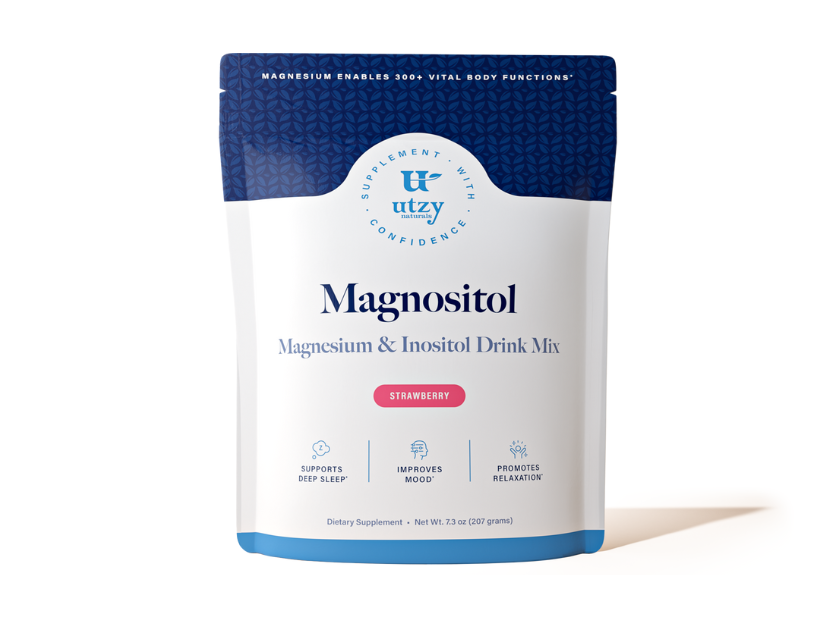shop
learn

How Sleep Impacts Your Immune System
December 14, 2020 4 min read
Do you notice you get sick more often during times when your sleep is suffering?
That’s because your sleep quality is directly related to your overall immune health.
Good sleep leads to a strong immune system, and vice versa.
This article will talk about how sleep can specifically impact immunity, the importance of getting a good night’s sleep, and ways to improve your sleep habits.
How Sleep Can Impact Your Immune System
Cytokines are proteins in our body that target inflammation.
While we’re sleeping, our bodies make and release cytokines to protect us.
Therefore, when we don’t get adequate sleep at night, we make fewer cytokines. This may impact how well our body can fight off an illness.
Additionally, research has found a lack of sleep at night, or disturbances in sleep, are strongly linked to increased levels of inflammation.
Numerous studies with healthy participants subjected to sleep restrictions demonstrated changes in cytokines.
When we have more inflammation in the body (from lack of sleep), our immune system can be impacted in a negative way (1).
Furthermore, antibodies that support immune function in the body have been shown to be reduced when we don’t get enough sleep at night (2, 3).
Lastly, a small study found looking at the impact of a lack of sleep, found that disturbances in sleep causes the same reaction in the body as shown when exposed to stress.
Research has found a negative impact on the immunity during times of stress, and has found that stress can actually weaken the immune system (4, 5, 6).
Ultimately, numerous studies have found an association between sleep and the immune system.
To support your immunity, it’s important to focus on getting good quality sleep each night.

A relaxing environment can go a long way towards boosting your sleep quality.
The Importance of Sleep
We spend about one-third of our day sleeping, so it's important to make the most of that time.
Along with supporting the immune system, sleep impacts our health in several other ways. Those include (7):
So not only is sleep important for supporting the immune system, but it’s also important for other key areas of our health as well.
Why People Don’t Get Enough Sleep
According to the Centers for Disease Control and Prevention, more than one-third of Americans don’t get the recommended 7-8 hours of quality sleep each night (8).
For some people, it’s a busy schedule or stress that gets in the way of a good night’s sleep.
Other reasons could be caffeine intake, brain activating LED lights, or children waking up at night.
Whatever the reason may be, if you’re struggling with getting good sleep at night it’s important to address the cause of the problem and find potential ways to resolve it.
Ways to Improve Your Sleep & Support Your Immune System
Below are some helpful tips for getting better sleep at night.

Conclusion
Sleep is a critical part of our health.
It’s important to make it a priority not only to support the immune system, but also to support your focus and concentration, positive mood, and heart health.
If you’re struggling to get a good night’s sleep, consider incorporating some of the suggestions above.
The better we sleep, the healthier we will be.
What’s one way you can improve your sleep habits?

Leave a comment
Comments will be approved before showing up.
Also in Health
Subscribe
Sign up to get the latest on sales, new releases and more …
Join the Utzy Naturals Club!
Sign up and get the latest on sales, new releases, and more...





